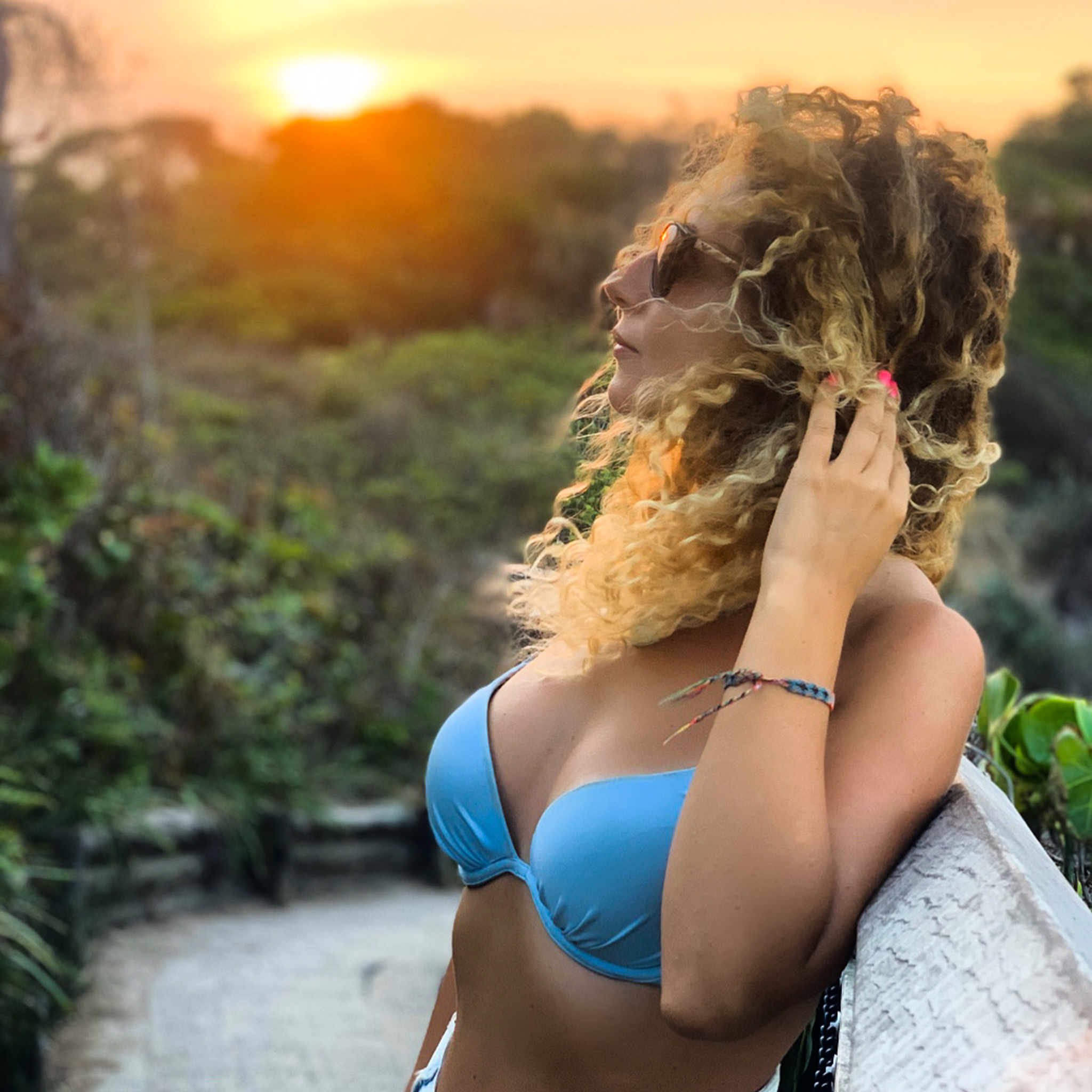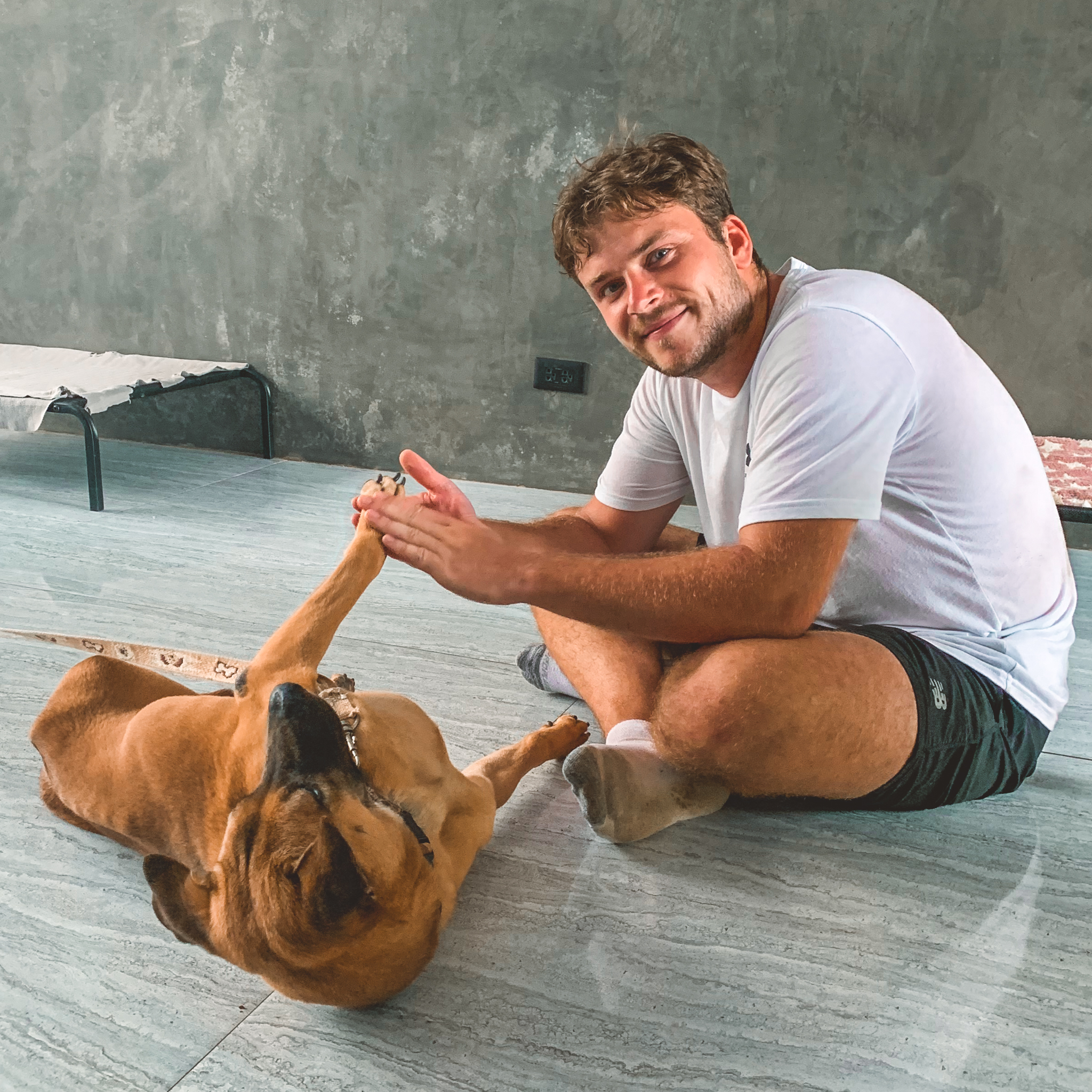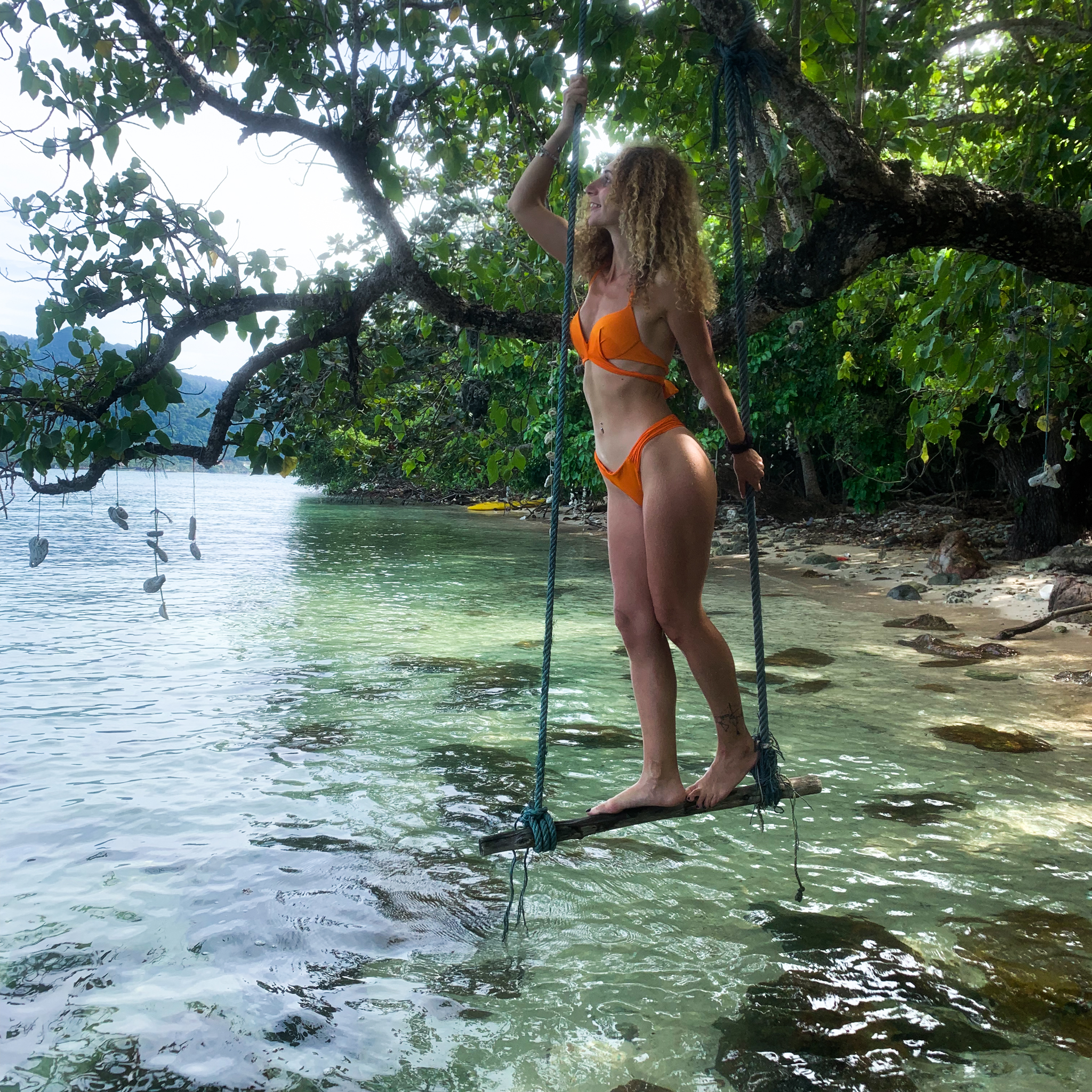Pagna's School

Our first stop in Cambodia was Lvea Village, in the countryside, on the outskirts of Siem Reap. We had come to stay at a school run by a local organisation called the Pagna Education Fund whose aim is to offer free English education to children in the village. A lot of these children are unable to go to regular schools.
Pagna, the founder, is an inspirational Cambodian man who has dedicated his life to running the school with his family. His dream is to expand the school so that all children in the village and surrounding areas have access to free English education giving them the chance to live a more prosperous life.
The Cambodian children’s favourite questions are “What is your name?”, “Where are you from?” and “Are you married?”
We were amazed at the number of children who would show up throughout the day, all choosing by themselves to come and get an education. In the morning, children of ages 7 to 13 years old came to the school by walking or on their bikes or scooters. During the evening, teenage children, aged 13 to 18 would come.
Pagna’s wife is an amazing chef and cooked us 3 meals a day for only $5. Everyday there was something different and we learned something new about Cambodian cuisine each time we gathered around the table to eat with Pagna, his wife and the other volunteers.
Pagna’s 5 children, whose age ranged from 5 to 15, would help cook and clean every meal and they did it with a smile. Their attitude towards life was an inspiration, they worked a lot but were always smiling, laughing and joking with each other and with us.
On the first day, we were given a tour around and were shown the accommodation which was a traditional Cambodian hut on stilts. The rooms were very basic and each one was set up with a small bed and very importantly a mosquito net! The rooms were built with a wooden flooring with gaps so it was quite common for mosquitos to get in during the day and at night.
There was no running water so we would bathe by scooping a bucket of rainwater over our heads like the locals do. This was actually quite refreshing but trying to wash my curly hair this way was a challenge. The reality is that this is normal life for the locals and they are not bothered by it.
Many people in rural Cambodia live with bare essentials, meaning no western toilets or toilet paper, just a hose and a hole in the ground. Often one bedroom is shared by a whole family. To see people so content with the little they have makes it hard not to appreciate the life you have been blessed with.
The day we arrived we had the opportunity to play football with the children, it’s amazing how everyone is so polite and friendly. The Cambodian children’s favourite questions are “What is your name?”, “Where are you from?” and “Are you married?”. Children in Cambodia have really nice smiles and are very willing to learn new things.
There wasn’t a lot to do around the school and there was nothing but a very small shop in walking distance. The pace of life was very slow and relaxed. On our first night, Pagna took us to see the sun setting over the rice fields with the other volunteers. It was an amazing view and we all sat in silence watching it.
5pm is ice cream time! Every day a man would appear with his little cart and sell ice cream and Banh Mi buns. Ivan, a bungee jump instructor from Greece, was volunteering here as well with his wife and two young children. On our first night he was buying everyone ice cream including us and all of the children.
It’s hard not to fall in love with the children in the rural village. They are extremely happy and full of energy. Always laughing, joking and playing. Every kid you pass will yell hello and ask you what’s your name? Where are you from? With a big smile on their face. We enjoyed watching them play and loved getting the chance to kick the ball with them.
Closing thoughts
Seeing rural Cambodia was a mixed experience for us. The conditions were tough with very basic facilities and a harsh dusty atmosphere. In spite of this, the energy, the approach to life and the dedication of these children to get an education was inspirational.





